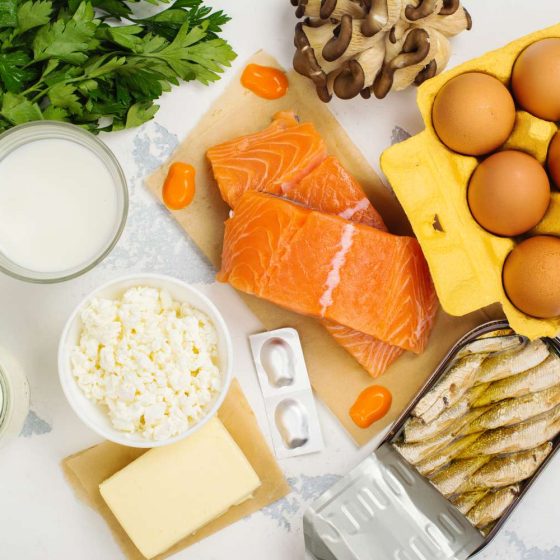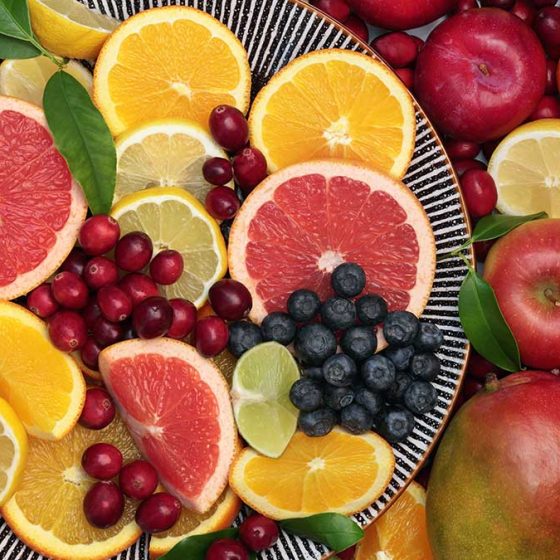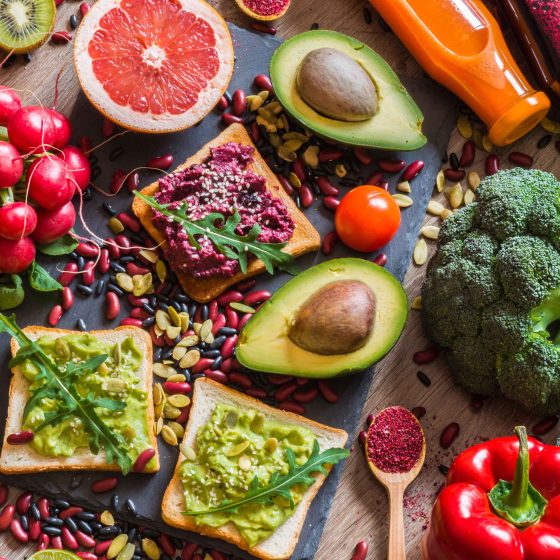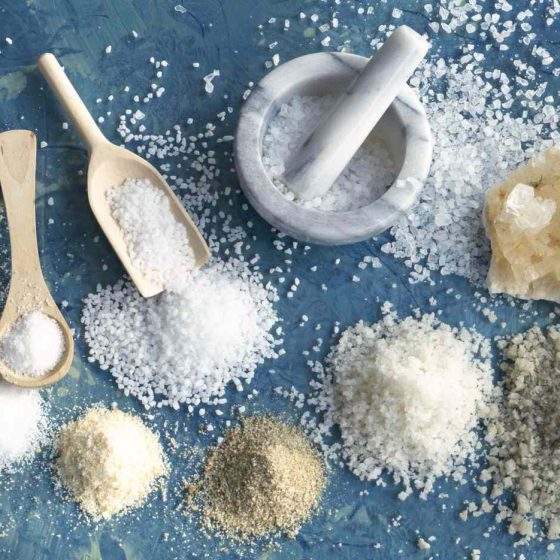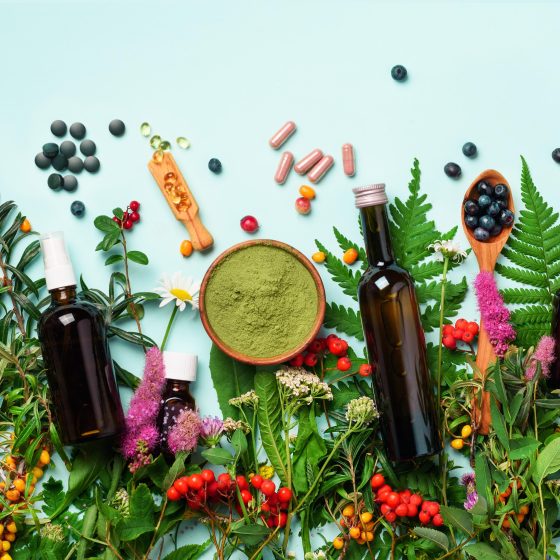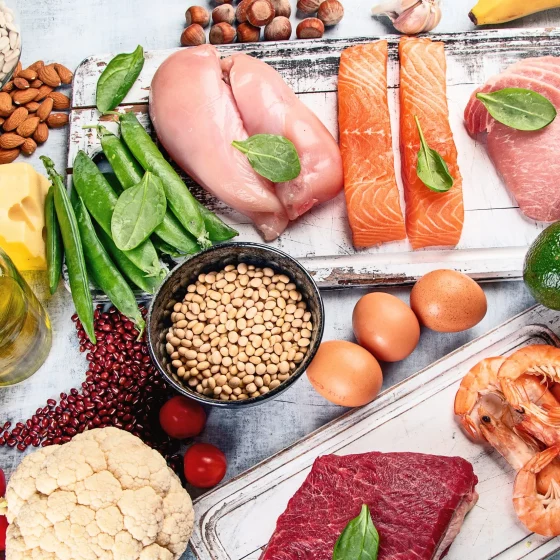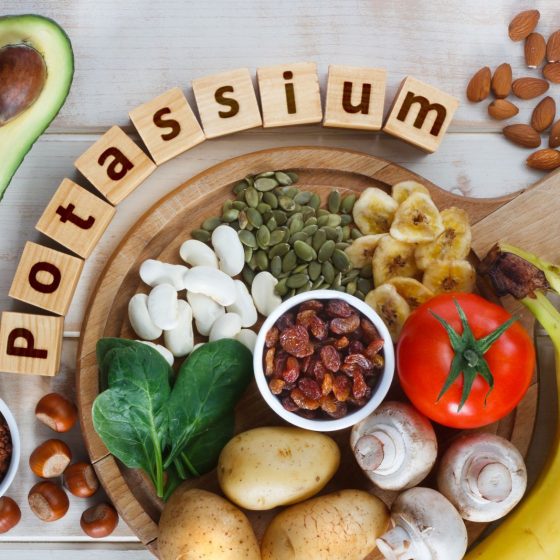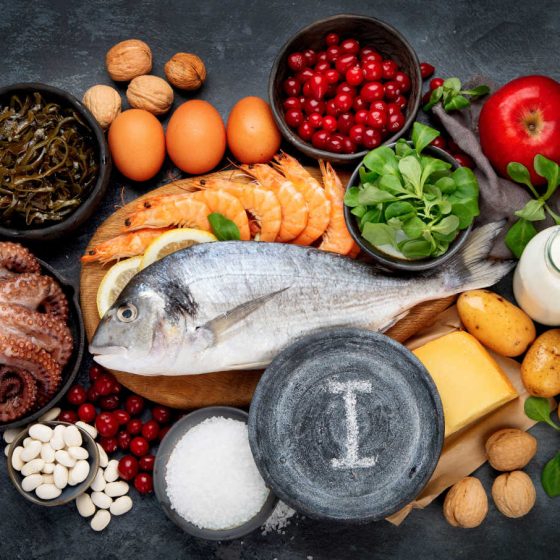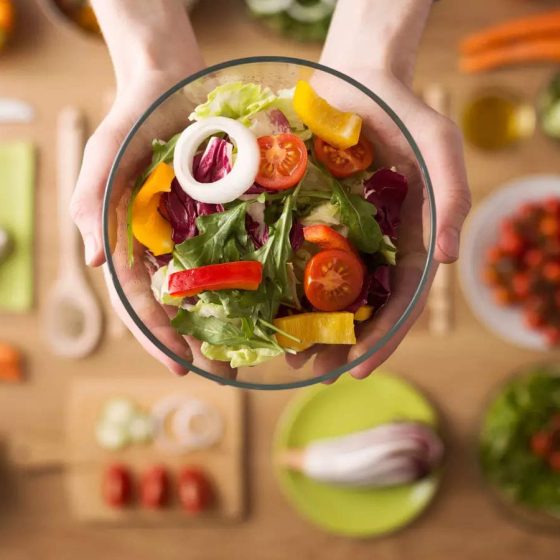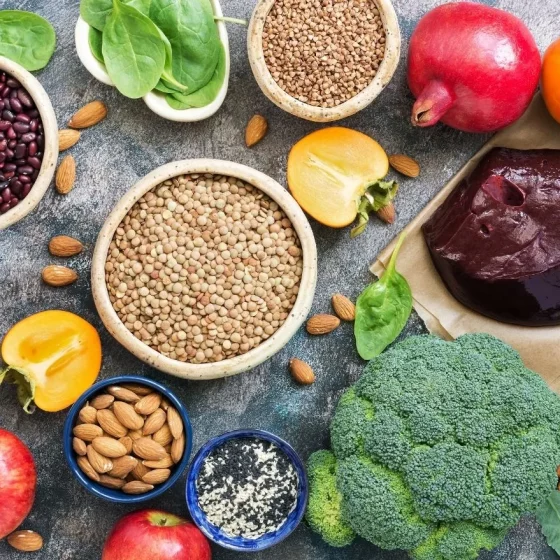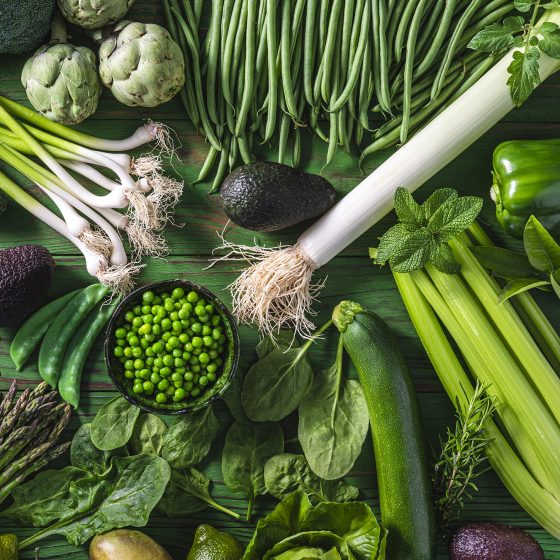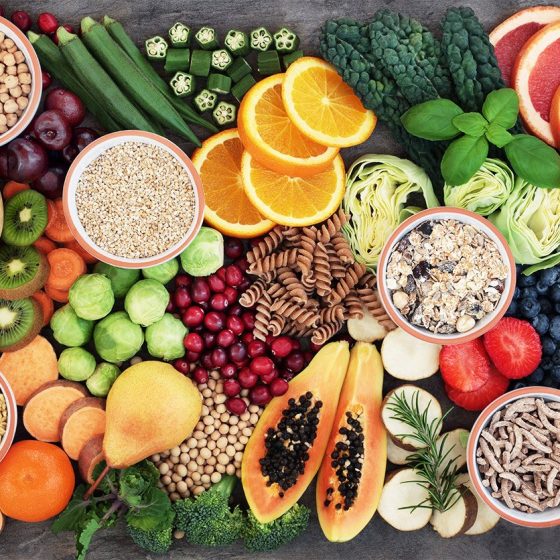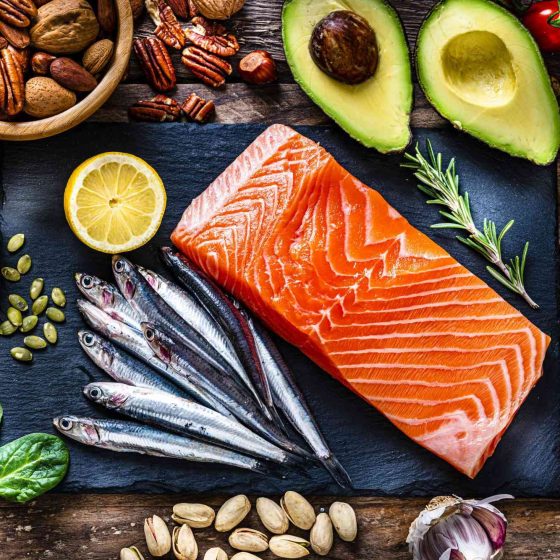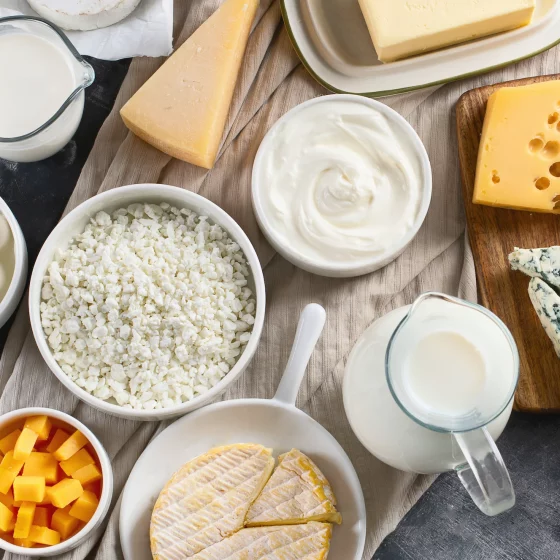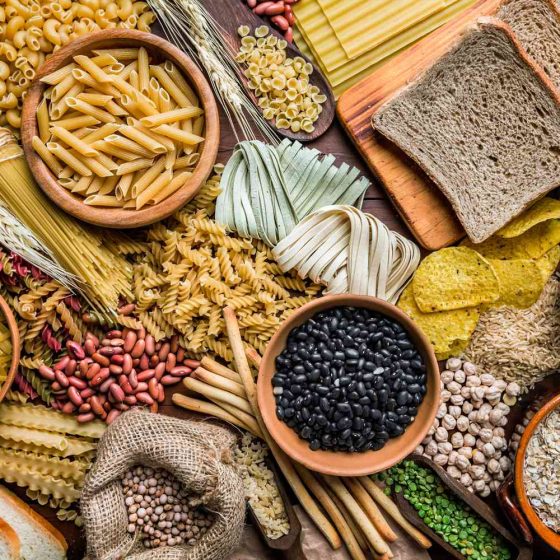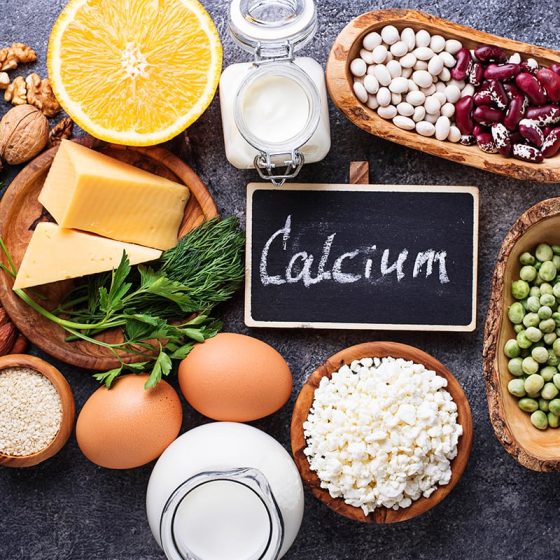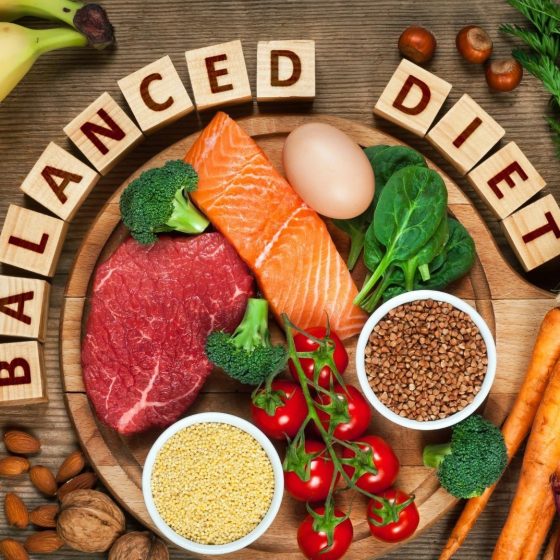Vitamin D and its natural sources
Key facts The sun’s ultraviolet (UV) radiation is a good source of vitamin D. It is important to be careful when getting vitamin D from UV radiation, because this source also causes skin cancer. If you don’t spend time or expose your skin when outdoors, you may be at risk of vitamin D deficiency. Why should I include vitamin D in my diet? Vitamin D is very important for bone health. It strengthens your bones by helping you to absorb calcium from the foods you eat. It also regulates the amount of calcium in your blood and helps to keep

